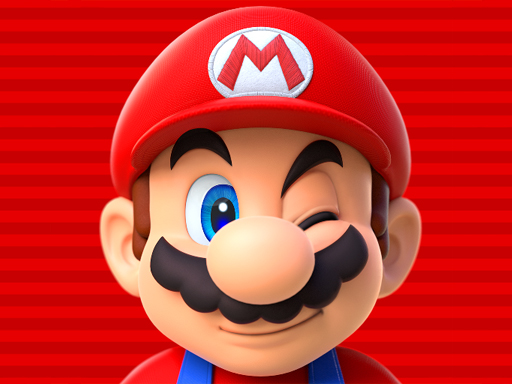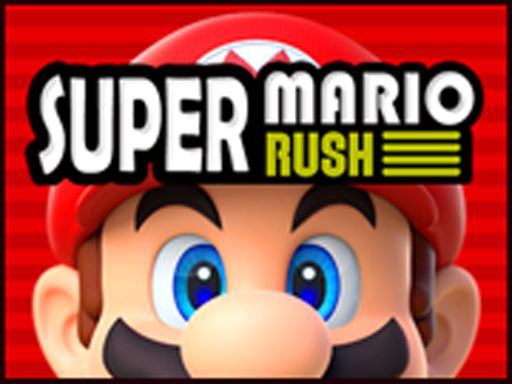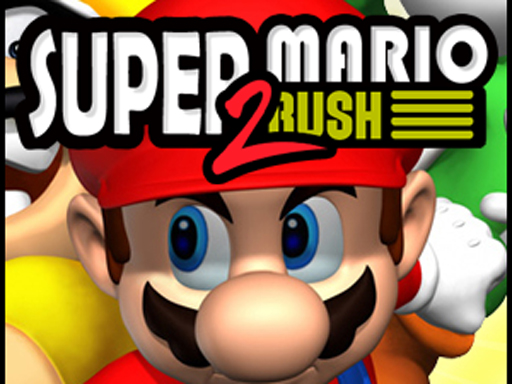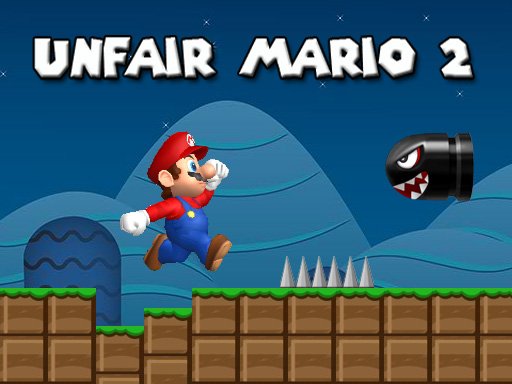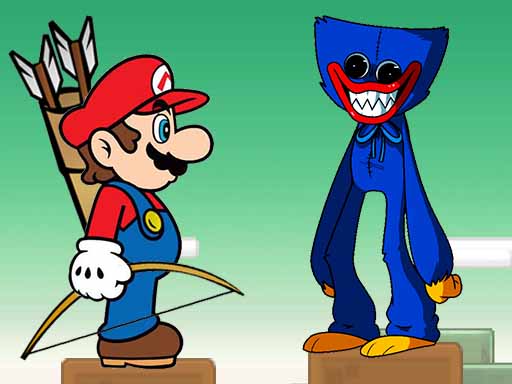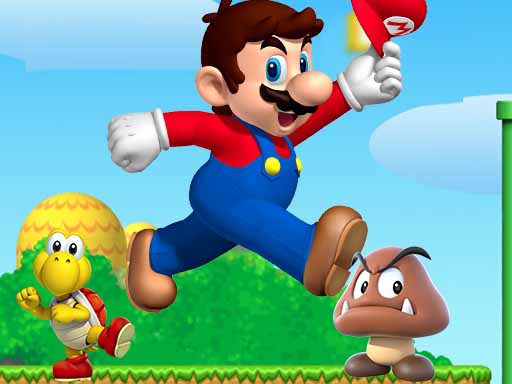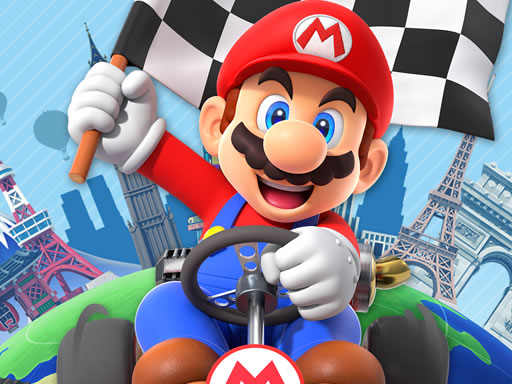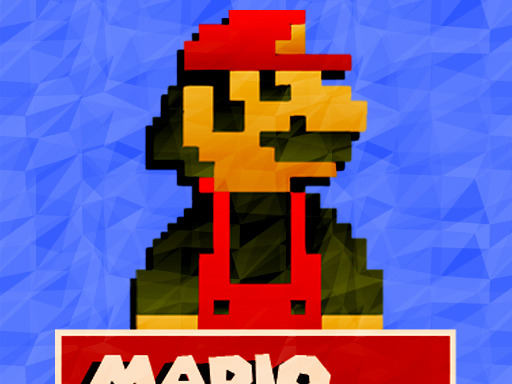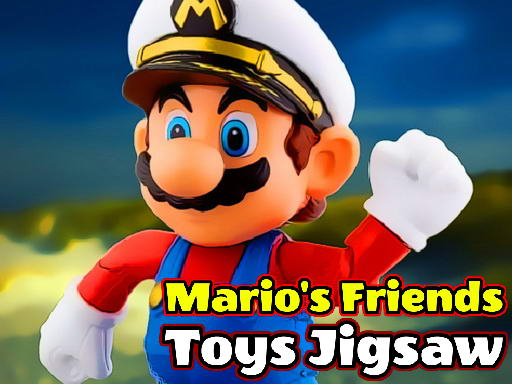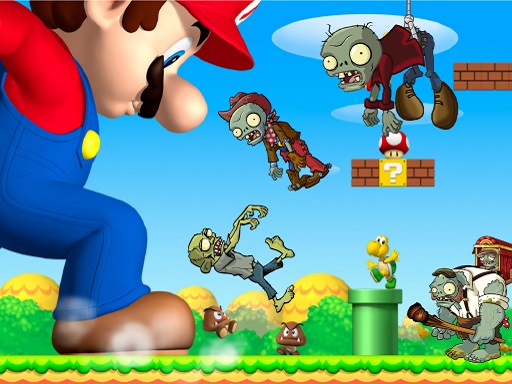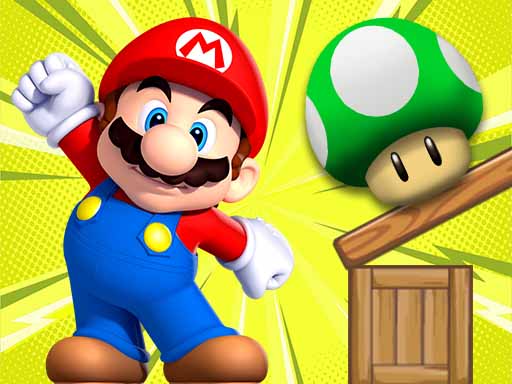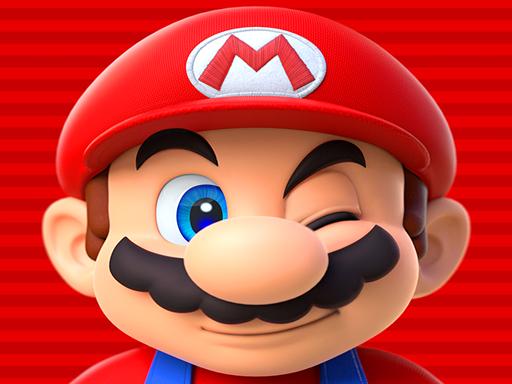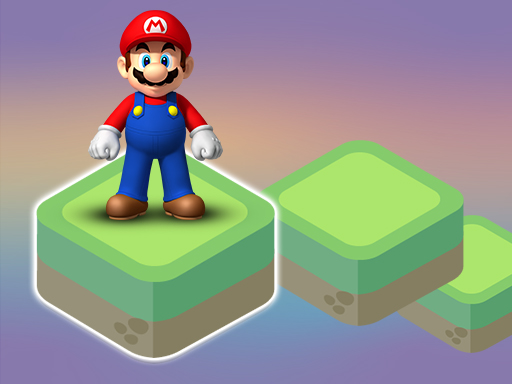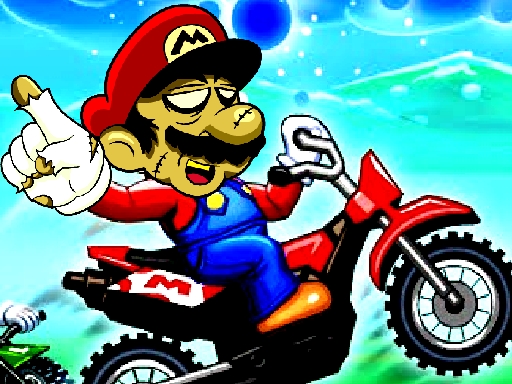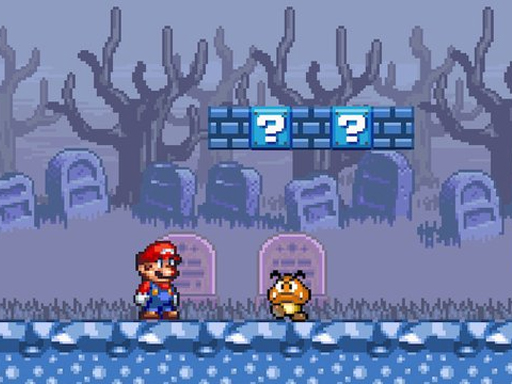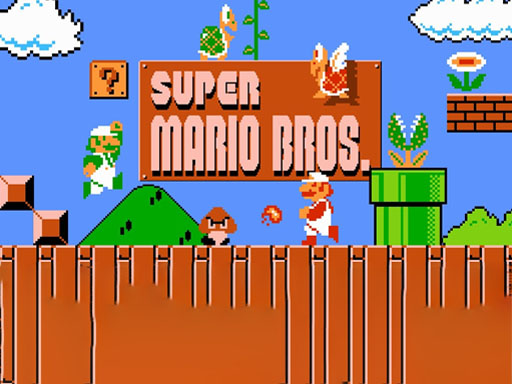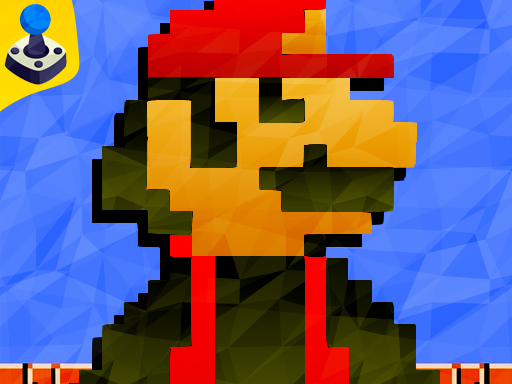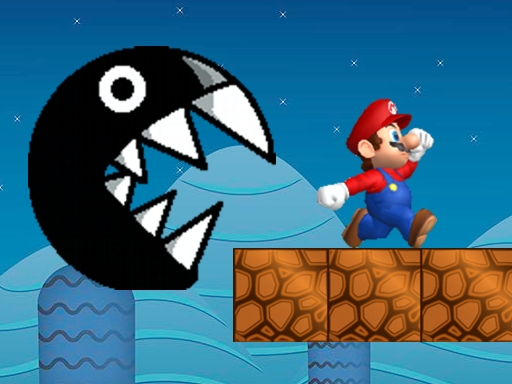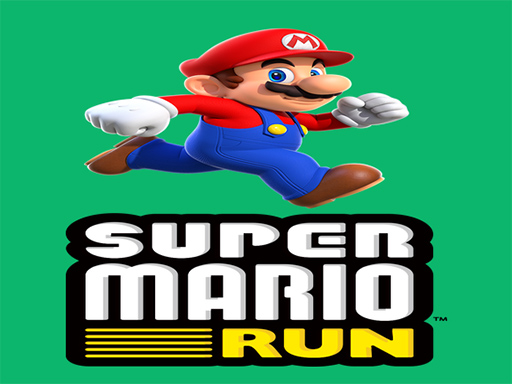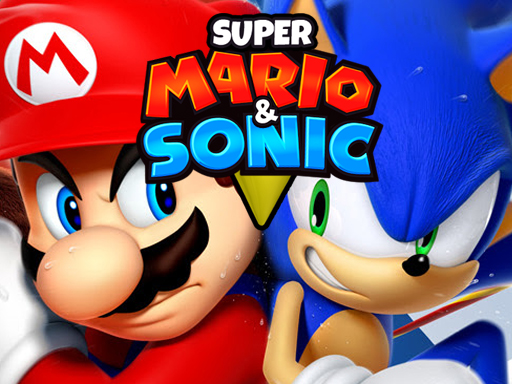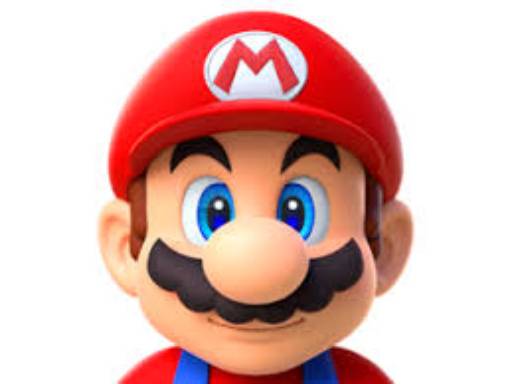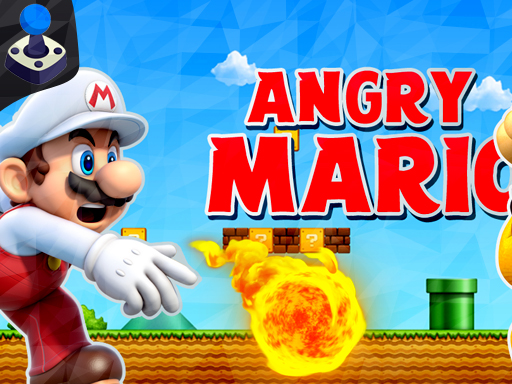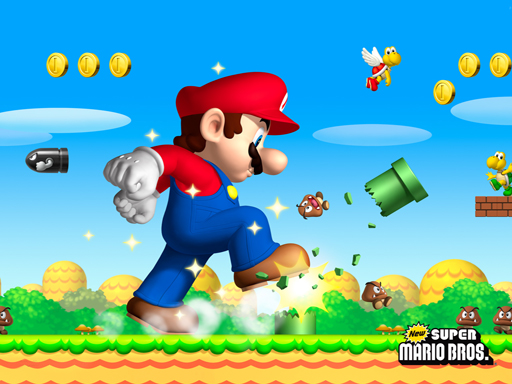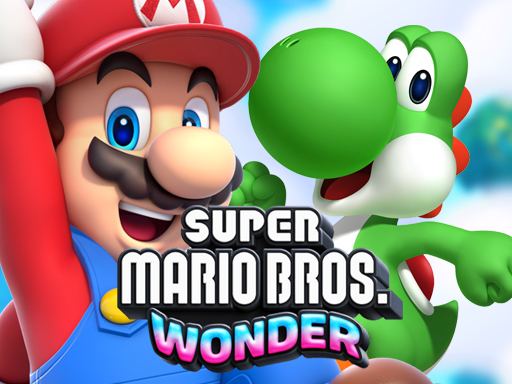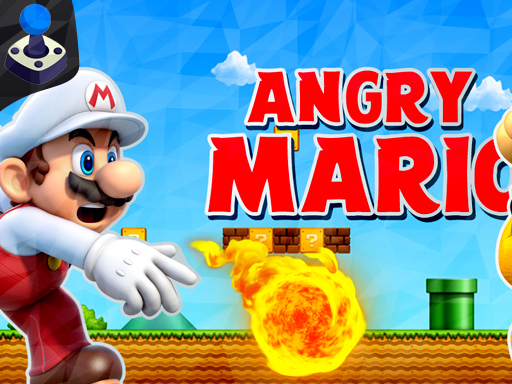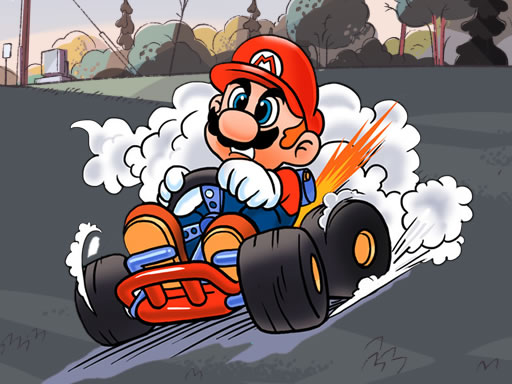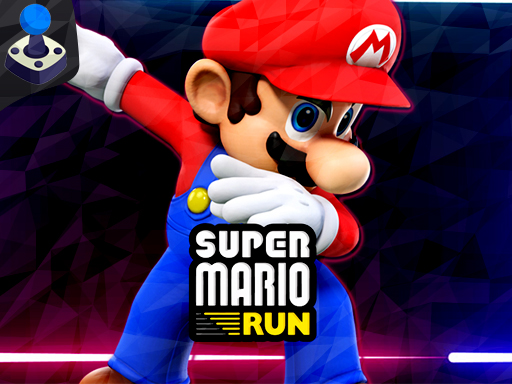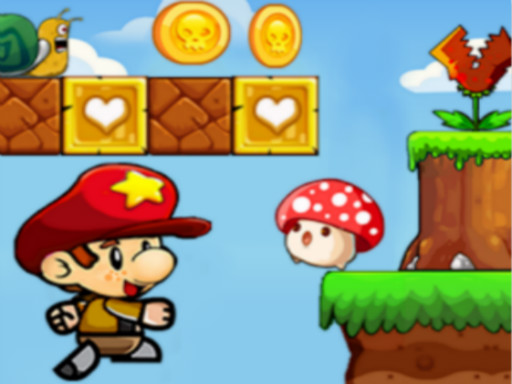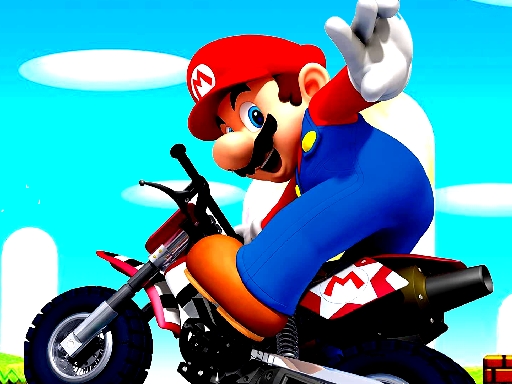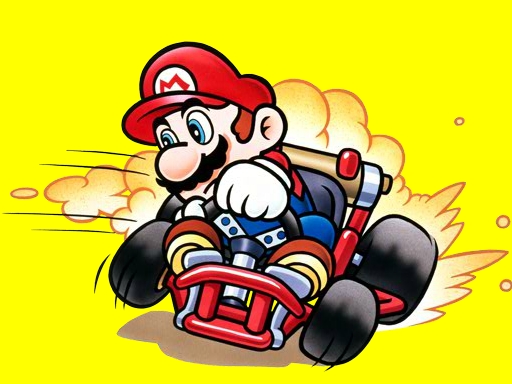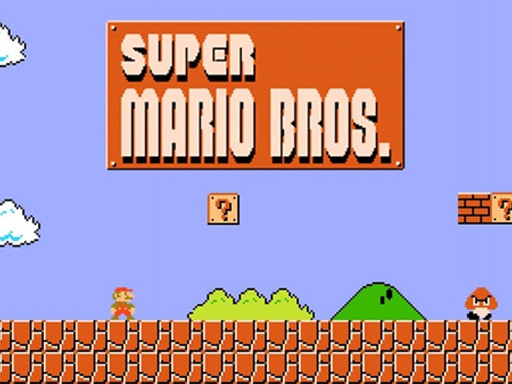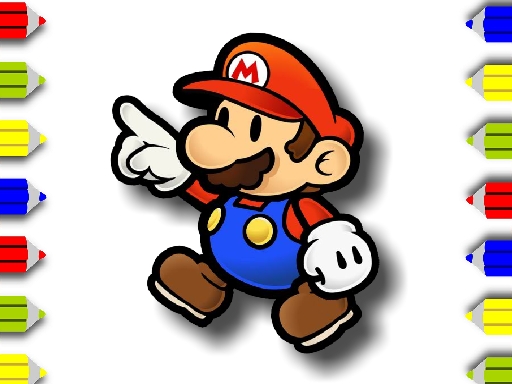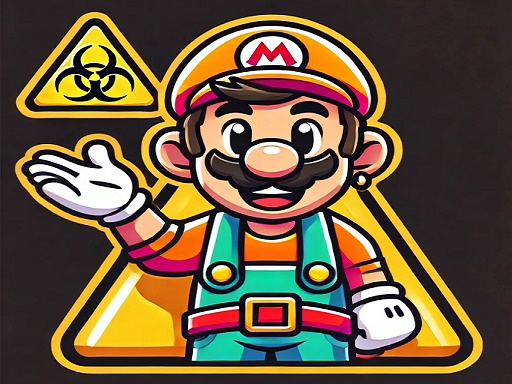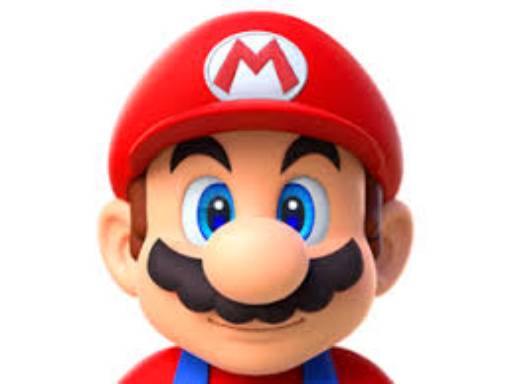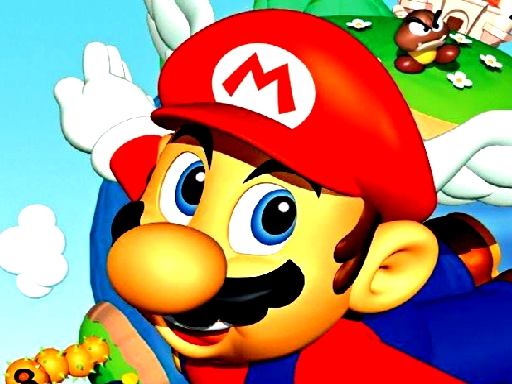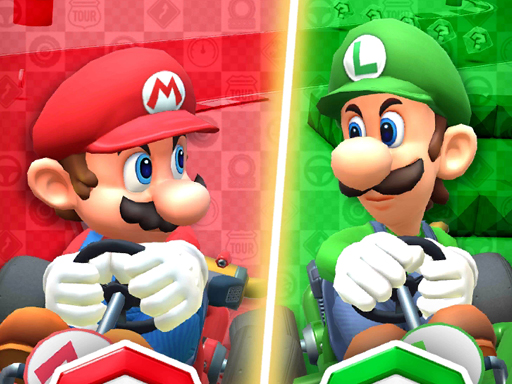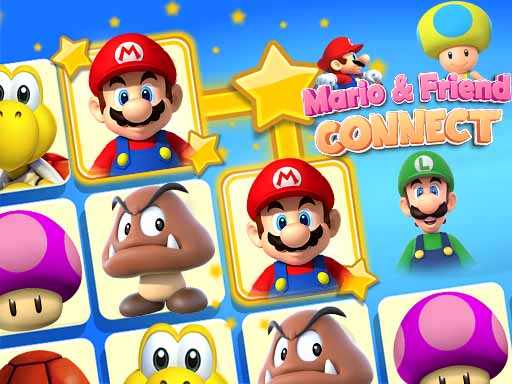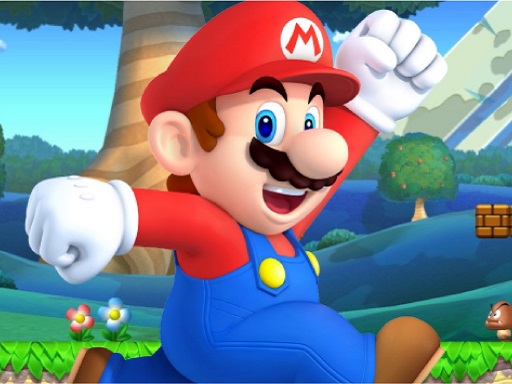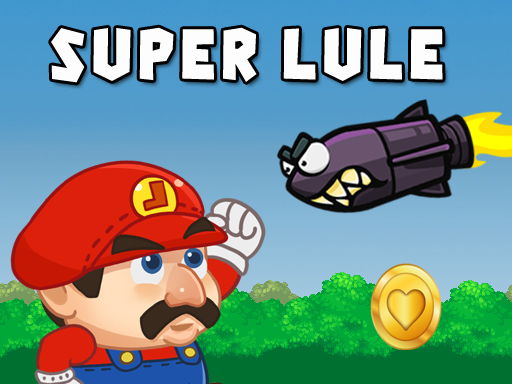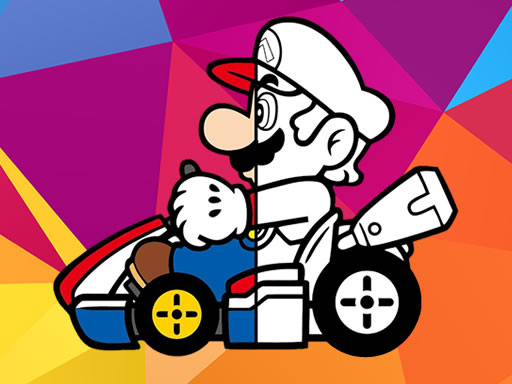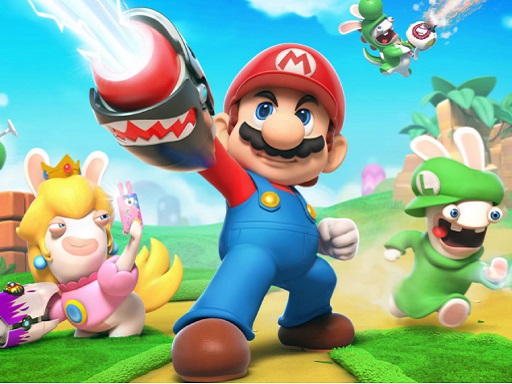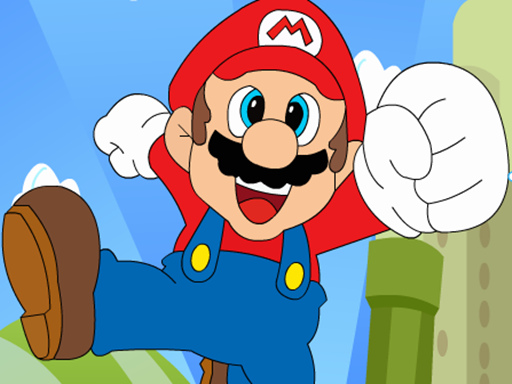
"Super Mario Find Bros" isn't a specific official game title within the Super Mario franchise. However, the concept of "finding brothers" (or other important characters) is a recurring theme, particularly with Luigi.
Here's how that idea manifests in various Super Mario games:
1. Luigi's Mansion Series: Finding Mario
This is the most prominent series where the primary objective is to find Mario (or other friends) who have gone missing.
- Luigi's Mansion (GameCube, 2001): The very first Luigi's Mansion game revolves entirely around Luigi's quest to rescue Mario, who has been trapped in a haunted mansion by King Boo. Luigi, armed with Professor E. Gadd's Poltergust 3000, must explore the mansion, capture ghosts, and ultimately confront King Boo to free his brother.
- Luigi's Mansion: Dark Moon (3DS, 2013): While Luigi is tasked with recovering the shattered Dark Moon, Mario and others do get captured and need to be found and rescued by Luigi throughout the game's various mansions.
- Luigi's Mansion 3 (Nintendo Switch, 2019): In this installment, Luigi, Mario, Peach, and the Toads are invited to a luxurious hotel, only to find themselves trapped and turned into paintings by King Boo and Hellen Gravely. Luigi once again has to bravely (or rather, nervously) navigate the haunted hotel, floor by floor, to rescue his captured friends and brother.
2. Mario & Luigi RPG Series: The Brothers are Always Together
While not about "finding" a missing brother, the Mario & Luigi series is entirely about the adventures of the two brothers together. The core premise is their inseparable bond and how they cooperate to solve puzzles and fight enemies.
- Mario & Luigi: Superstar Saga (GBA, 2003) and its remake (3DS, 2017): The journey starts with both brothers together.
- Mario & Luigi: Partners in Time (DS, 2005): Features Mario and Luigi traveling through time to team up with their baby counterparts, Baby Mario and Baby Luigi.
- Mario & Luigi: Brothership (Switch, 2024): The upcoming new installment emphasizes their cooperative journey on the high seas.
In these games, the "finding" aspect might apply to other characters or items, but the brothers themselves are generally together, exploring as a team.
3. Other Games with "Finding" Elements
While not explicitly "find the brother," some games involve finding or reuniting characters:
- Super Mario Odyssey (Nintendo Switch, 2017): While the main goal is to rescue Peach from Bowser, Mario also often has to find and reunite with Cappy after certain events, or retrieve other characters or items that help him progress. There's a subtle theme of collecting allies and resources.
- New Super Mario Bros. Series (Multiplayer): In games like New Super Mario Bros. Wii or New Super Mario Bros. U, if a player dies, they can return in a bubble. Another player (potentially the other brother) needs to "find" and pop their bubble to bring them back into the game. This is a direct, albeit minor, "finding" mechanic for gameplay continuity.
FAQs about "Super Mario Find Bros" (in context)
Q1: Is "Super Mario Find Bros" a specific game title? A1: No, it is not an official game title. However, the concept of a brother (usually Luigi) having to "find" Mario or other characters is a core theme in the Luigi's Mansion series.
Q2: Which games feature Luigi rescuing Mario? A2: The primary games where Luigi rescues Mario are the entire Luigi's Mansion series: Luigi's Mansion (GameCube), Luigi's Mansion: Dark Moon (3DS), and Luigi's Mansion 3 (Nintendo Switch).
Q3: Are there any games where Mario has to find Luigi? A3: This is much less common. Luigi is rarely the one who needs rescuing in a Mario-led game. Their dynamic usually places Mario as the primary hero and Luigi as the brave but reluctant partner or the one who does the rescuing.
Q4: Do the Mario & Luigi RPGs involve finding a brother? A4: No, in the Mario & Luigi RPG series, both brothers are typically together from the start of the adventure, working cooperatively. The "finding" might apply to other characters or plot MacGuffins, but not usually each other.
Pros and Cons of a "Find Your Brother" Premise in Mario Games
Pros:
- Character Development for Luigi: This premise has allowed Luigi to shine as a solo hero in the Luigi's Mansion series, showcasing his bravery despite his fears, and moving him beyond just being "Player 2."
- Unique Gameplay Mechanics: The Luigi's Mansion games, built around this concept, have introduced innovative mechanics like ghost-sucking (Poltergust), puzzle-solving, and exploration in haunted environments, distinct from traditional Mario platforming.
- Emotional Stakes: Seeing a normally confident Mario in distress (e.g., trapped in a painting) can add emotional weight and motivation for the player controlling Luigi.
- Co-op Fun: In games like New Super Mario Bros. Wii/U, the "bubble" mechanic where a fallen player waits to be found by another is a simple yet effective way to encourage cooperation and keep multiplayer flowing.
- Fresh Perspective: It provides a different narrative hook than the usual "rescue Princess Peach," offering variety to the franchise's extensive lore.
Cons:
- Underutilization of Mario (as a playable character): If the premise focuses on finding Mario, he's often not playable or is incapacitated, which might disappoint players who prefer to control the main hero.
- Limited Replayability (for the "finding" aspect): Once Mario is found, the specific "finding" goal is complete. The game then relies on other elements to maintain engagement.
- Repetitive Plot: If every game became about finding a missing character, it could eventually become as formulaic as the "rescue Peach" plot line.
- Less Direct Action for the "Found" Character: The character being "found" often plays a passive role in the story until rescued.
Overall, while "Super Mario Find Bros" isn't a specific game, the theme of finding and reuniting characters, especially in the Luigi's Mansion series, has been a successful and beloved deviation from the traditional Super Mario formula.
